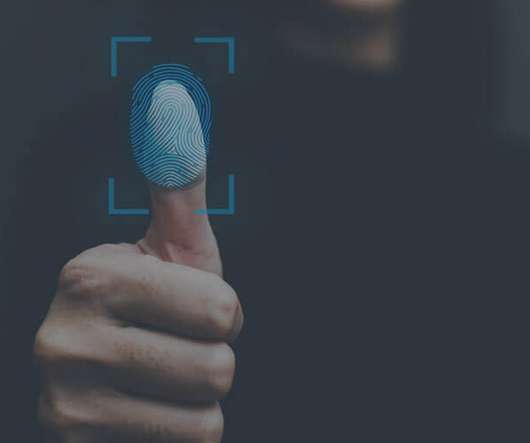Do You Still Need to Buy Antivirus Software?
Identity IQ
AUGUST 10, 2022
It scans your computer and other gadgets for viruses, adware and other malware you may inadvertently come across as you browse the web, download software or open email attachments. Some antivirus solutions can help protect you against other threats like phishing attacks by warning you about suspicious emails and risky links or attachments.











Let's personalize your content